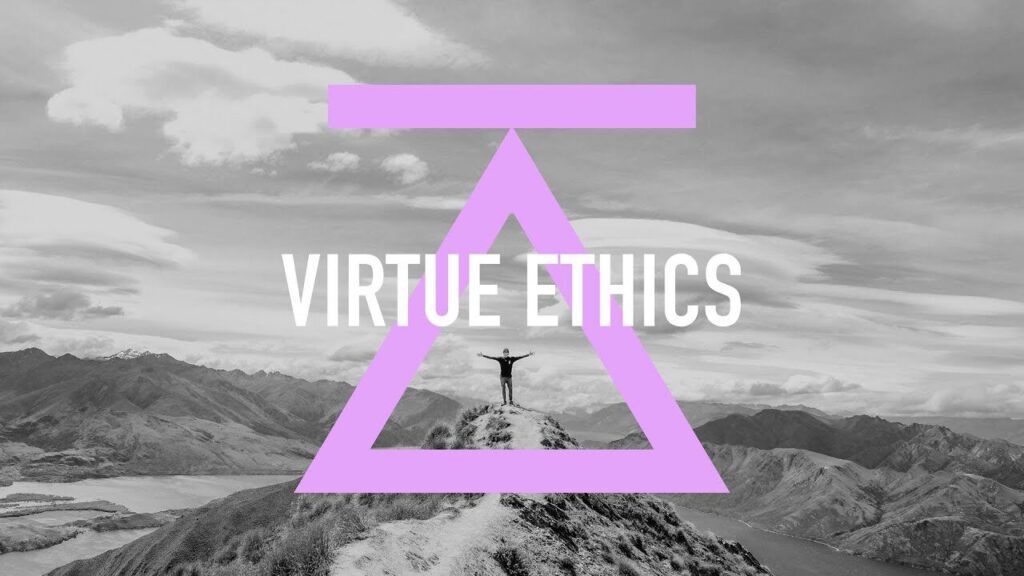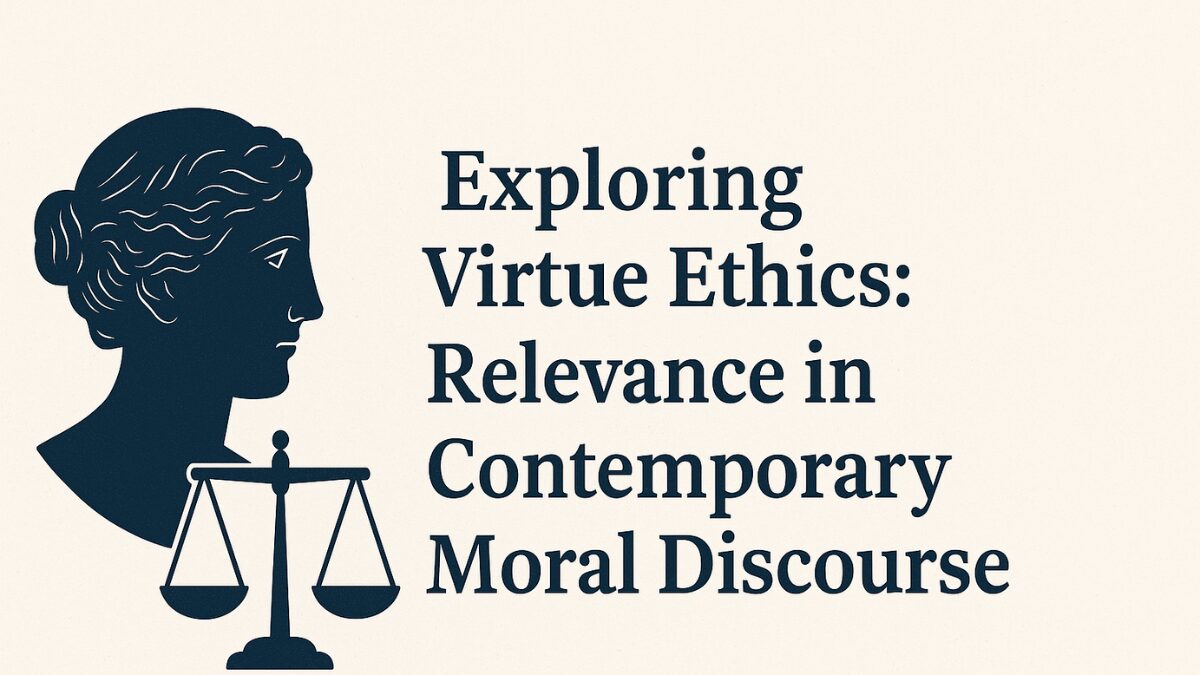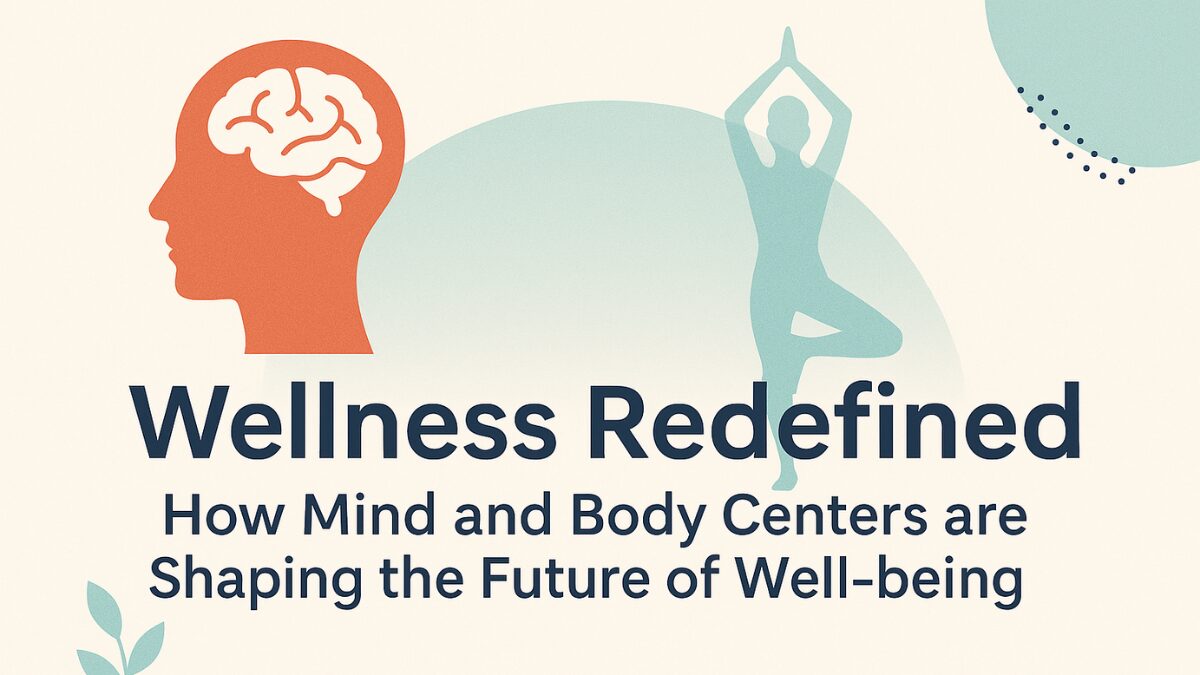Discover how virtue ethics shapes modern morality. Explore its principles, relevance in contemporary discourse, real-life applications, and why it still matters today.
Introduction: What Is Virtue Ethics?
Virtue ethics is one of the oldest approaches to moral philosophy, yet its significance continues to grow in today’s complex world. Unlike deontology, which emphasizes rules, or consequentialism, which focuses on outcomes, virtue ethics centers on the moral character of the individual. It asks not “What should I do?” but rather “What kind of person should I be?”
Rooted in ancient Greek philosophy, especially in the teachings of Aristotle, virtue ethics explores the idea that virtues—like honesty, courage, and compassion—form the foundation of ethical behavior. By developing good character traits, a person becomes morally sound.
The Historical Roots of Virtue Ethics

Aristotle and the Birth of Virtue-Based Morality
Aristotle’s Nicomachean Ethics laid the groundwork for virtue ethics. He believed that every human activity aims at some good, with eudaimonia—often translated as “flourishing” or “the good life”—being the highest human good.
According to Aristotle, virtues are habits cultivated through practice. They exist as a “golden mean” between extremes. For example:
- Courage lies between cowardice and recklessness.
- Generosity stands between stinginess and extravagance.
This perspective contrasts with rule-based systems by placing personal development and the cultivation of virtues at the core of ethical living.
Key Principles of Virtue Ethics
The Role of Character
Virtue ethics emphasizes internal moral character over external actions. A person is considered ethical not simply because they follow rules, but because their motivations stem from virtuous character traits.
Moral Exemplars
Rather than theoretical laws, virtue ethics encourages people to learn from moral exemplars—individuals admired for their integrity and virtue. These role models inspire others to reflect on their own habits and strive toward moral excellence.
Context and Practical Wisdom (Phronesis)
Virtue ethics embraces nuance. It recognizes that moral decisions depend on context, guided by practical wisdom—a key virtue allowing individuals to make balanced decisions. Instead of strict rules, it promotes thoughtful, experience-based judgment.
Exploring Virtue Ethics: Relevance in Contemporary Moral Discourse
Why Virtue Ethics Still Matters Today
In today’s morally complex world—riddled with ethical dilemmas in politics, technology, healthcare, and business—virtue ethics offers a human-centered approach. It prioritizes character formation over rigid compliance and adapts to real-life challenges.
Whether navigating AI ethics, environmental responsibility, or corporate integrity, virtue ethics provides an ethical framework rooted in intent, integrity, and empathy.
Application in Modern Fields
| Sector | Application of Virtue Ethics |
|---|---|
| Business Ethics | Encourages leadership integrity and ethical culture |
| Medical Ethics | Promotes compassion, honesty, and patient-centered care |
| Education | Focuses on moral character development in students |
| AI and Technology | Advocates for responsible innovation and ethical design |
| Politics | Stresses integrity, transparency, and justice |
Virtue Ethics vs. Rule-Based Ethics
| Feature | Virtue Ethics | Rule-Based Ethics (Deontology) |
|---|---|---|
| Focus | Moral character | Obedience to moral rules |
| Flexibility | Contextual, situational | Fixed rules apply universally |
| Moral Guidance | Role models, virtues | Categorical imperatives |
| Limitations | Ambiguity in defining virtue | Inflexibility in nuanced situations |
Real-Life Examples of Virtue Ethics in Action
1. Whistleblowing for the Greater Good
When employees report unethical practices despite personal risks, it reflects courage and integrity—core virtues promoted by virtue ethics.
2. Compassionate Leadership
In business, leaders who prioritize employee welfare over profit demonstrate empathy, fairness, and justice, aligning with the virtue-ethical approach.
3. Ethical Technology Development
AI researchers who embed fairness and transparency into algorithms practice responsible innovation, guided by virtues like wisdom and foresight.
Challenges of Virtue Ethics in the Modern Era
While virtue ethics has its strengths, it also faces criticisms and limitations in contemporary settings:

Subjectivity and Ambiguity
One challenge is the subjectivity in defining what constitutes a “virtue”. What one culture sees as a virtue, another may view differently.
Lack of Action-Guiding Rules
Critics argue that virtue ethics may not offer clear guidelines for moral decisions in urgent or extreme situations—such as war or medical emergencies.
Cultural and Ethical Relativism
In a globalized world, varying cultural definitions of virtues can lead to ethical conflicts. What is considered “honorable” in one region might not translate the same way elsewhere.
The Revival of Virtue Ethics in 21st-Century Discourse
Despite these criticisms, virtue ethics is witnessing a renaissance in moral philosophy. Modern scholars, ethicists, and professionals are returning to it for its flexibility, holistic view of humanity, and long-term focus on character growth.
Many universities have reintroduced it in ethics curriculums, and corporations now seek “value-based leadership”—essentially virtue ethics in practice.
How to Cultivate Virtue in Daily Life
Developing virtues is a lifelong journey. Here are simple yet effective ways to integrate virtue ethics into everyday actions:
- Self-Reflection – Regularly assess personal values and behaviors.
- Learn from Role Models – Identify people whose values align with integrity.
- Practice Gratitude and Empathy – These foundational virtues foster kindness.
- Seek Community Support – Surround yourself with people striving for moral excellence.
- Continuous Growth – View moral development as an ongoing process.
FAQs: Exploring Virtue Ethics
1. What is the main difference between virtue ethics and consequentialism?
Virtue ethics focuses on character and intention, while consequentialism evaluates actions based on their outcomes.
2. Is virtue ethics religious in nature?
While it can align with religious teachings, virtue ethics is philosophical and secular at its core, originating with Aristotle.
3. Can virtue ethics apply to business decisions?
Yes, especially in leadership, where qualities like honesty, accountability, and empathy are critical.
4. Is virtue ethics practical for real-world use?
Absolutely. It provides a flexible, human-focused guide adaptable to various modern contexts.
5. How does virtue ethics handle moral dilemmas?
By applying practical wisdom (phronesis), it weighs circumstances and virtues rather than relying on fixed rules.
6. What is a “moral exemplar” in virtue ethics?
A moral exemplar is a role model whose actions embody virtuous behavior, inspiring others to act ethically.
7. Are virtues the same across cultures?
Core virtues often overlap (like honesty or courage), but cultural interpretations can differ.
8. Why is Aristotle important in virtue ethics?
He is the founding philosopher whose writings on character and eudaimonia form the foundation of the theory.
9. Can children be taught virtue ethics?
Yes, through character education and role modeling, children can develop virtuous habits early on.
10. Does virtue ethics require perfection?
Not at all. It emphasizes growth, recognizing that becoming virtuous is a continuous journey, not a final state.
Conclusion: Why Virtue Ethics Deserves a Place in Today’s World
As modern societies confront ethical crises across industries, revisiting virtue ethics can offer profound insights. Its emphasis on character development, empathy, and practical wisdom fills the gaps left by rigid rule-based systems. Rather than telling people what to do, virtue ethics inspires them to become better people.
By exploring virtue ethics and recognizing its relevance in contemporary moral discourse, individuals, institutions, and communities can foster a more ethical, compassionate, and flourishing society.
also read:https://www.comfortglobalhealths.com/a-comprehensive-guide-to-ethical-theories-throughout-history/










